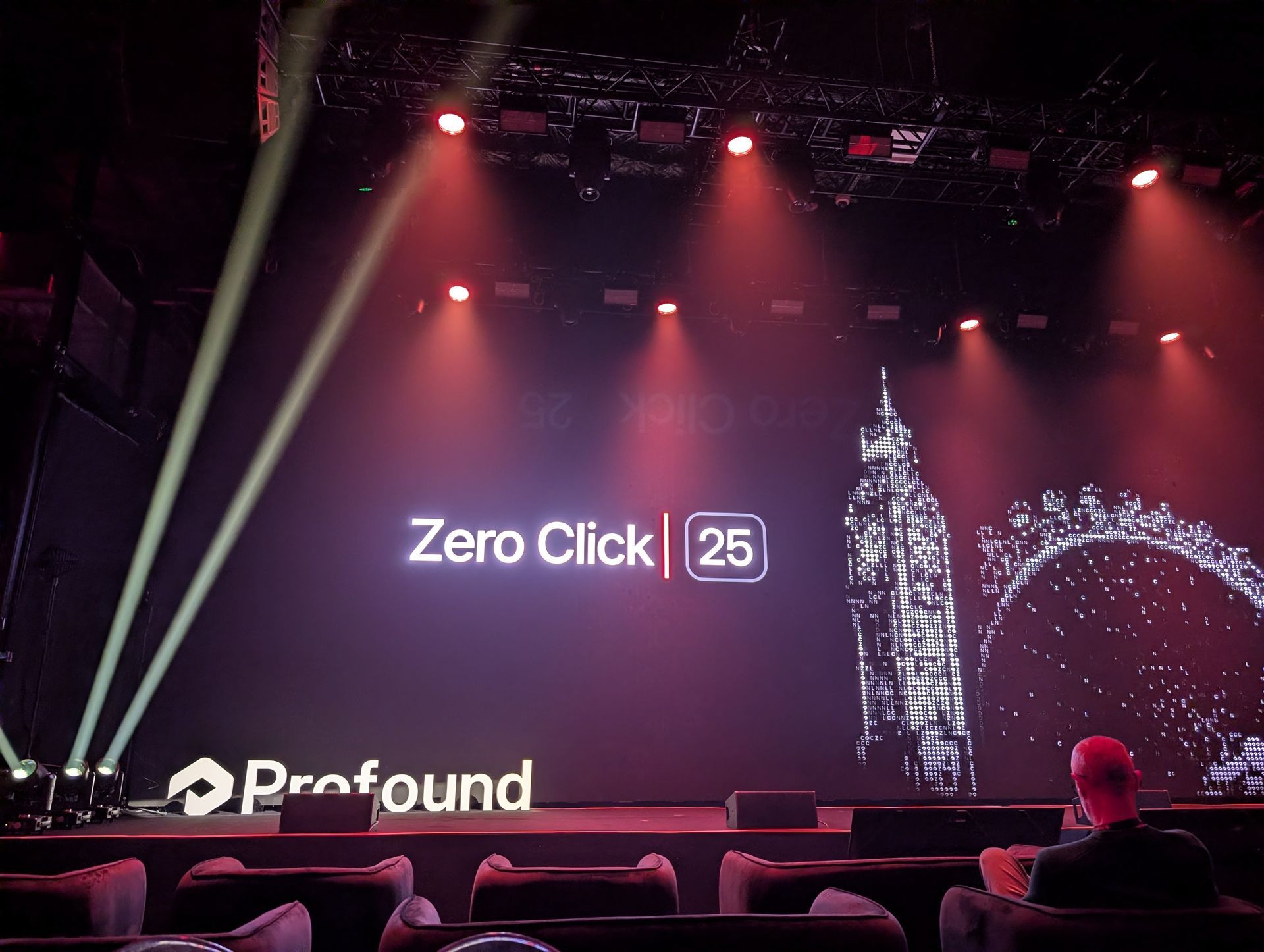By Richard George
•
December 5, 2025
November has not seen significant updates or changes, more reinforcing principles we should all be adopting. While we didn't get an official "core update" from Google, what many of us are calling the "Movember" update, told a different story. As I've been analysing these changes, a clear theme has emerged, and in my opinion, it's one that signals a fundamental shift in how we need to approach our work. The New Normal: AI in Search and Constant Flux For a while now, I've believed that we're moving away from periodic, named updates to a state of continuous adjustment, and November's volatility seems to confirm this. In my view, this is the new normal. We can no longer afford to be reactive. Instead, we have to ensure our strategies are built on a solid foundation that can withstand these changes, but again, thats nothing new. A huge part of this new landscape is the expansion of AI Overviews. I've noticed them appearing for more and more queries, and this is where our conversations about Generative Engine Optimisation (GEO/GSO) become critical. The fact is, getting a user to click through to our site is becoming harder. The not so new goal, in my opinion, is to have our content featured within these AI-powered answers. This requires us to create content that is not only human-friendly but also "AI-friendly." We need to structure our articles with clear, concise, and well-structured information, using the "content chunking" techniques I researched earlier, so that LLMs can easily digest and repurpose our insights. Google Pushes for Higher Quality Content Another trend that I saw accelerate this month is Google's crackdown on scaled and low-quality content. I think this is one of the most positive developments for the web in a long time. For years, the internet has been flooded with repetitive, thin content created purely to game the system. Google is now clearly rewarding websites that provide genuine value. This brings me to what I consider the cornerstone of modern SEO: E-E-A-T (Experience, Expertise, Authoritativeness, and Trustworthiness). In my opinion, E-E-A-T is no longer just a guideline; it's a mandate. Google is getting incredibly sophisticated at identifying signals of credibility. Are your articles written by genuine experts? Is your brand a trusted entity in its field? This isn't something you can fake. It requires a long-term commitment to building your brand's authority, showcasing expertise through detailed author bios and case studies, and ensuring every piece of content you publish is accurate and trustworthy. Google's Giving Us the Tools to Build Authority While the bar is getting higher, I've been encouraged to see that Google is also providing us with better tools. The new "Query Groups" feature in Google Search Console is a perfect example. I see this as a powerful tool for implementing an entity-based SEO strategy. It allows us to move beyond a narrow keyword focus and understand the broader topics and user intents our audience has. In my opinion, this feature is a roadmap. It helps us identify content gaps and build out comprehensive "content clusters" that cover a topic in depth. By doing so, we're not just optimising a page; we're establishing our website as a topical authority—a mini-knowledge graph in our niche—which is one of the strongest positive signals we can send to Google. My Final Thoughts Looking back at November, my key takeaway is this: success in SEO now requires a holistic and strategic approach. We must be committed to quality, build a strong and trustworthy brand reputation, and adapt our content to be valuable for both humans and AI. Once again this is not something new but at times we just need to remind the industry.


